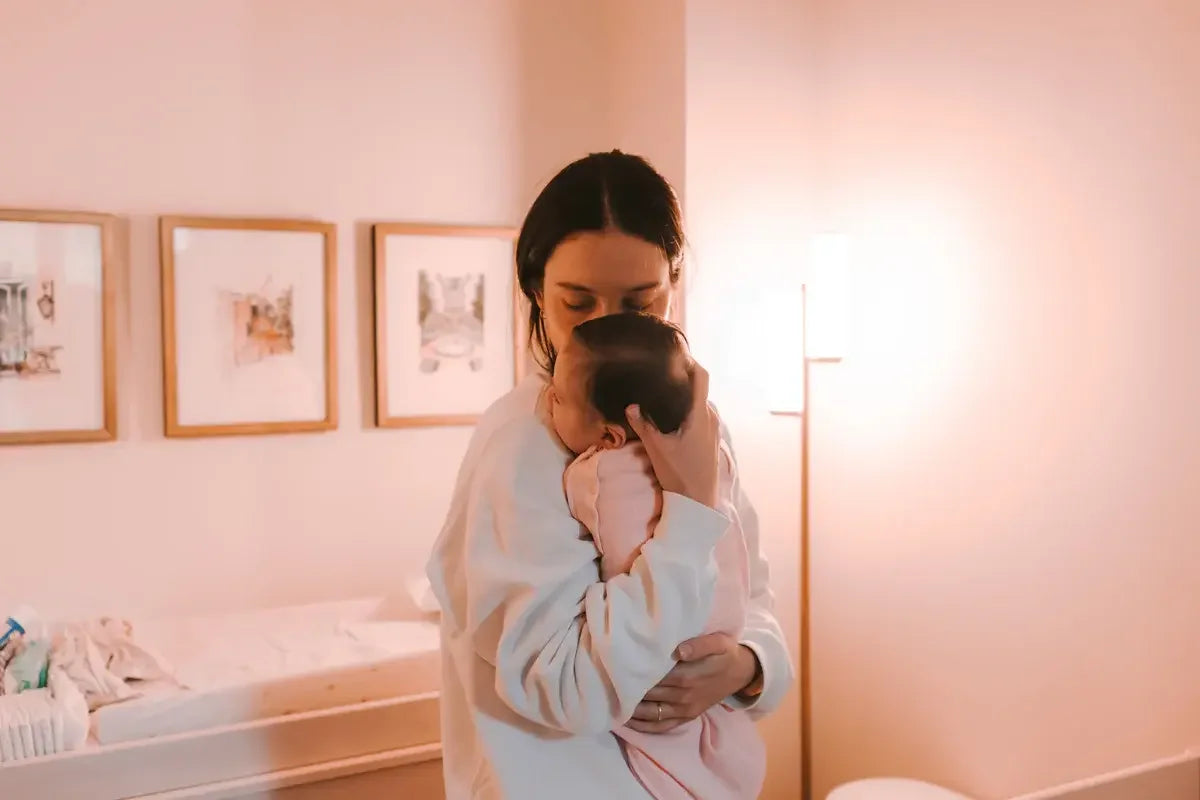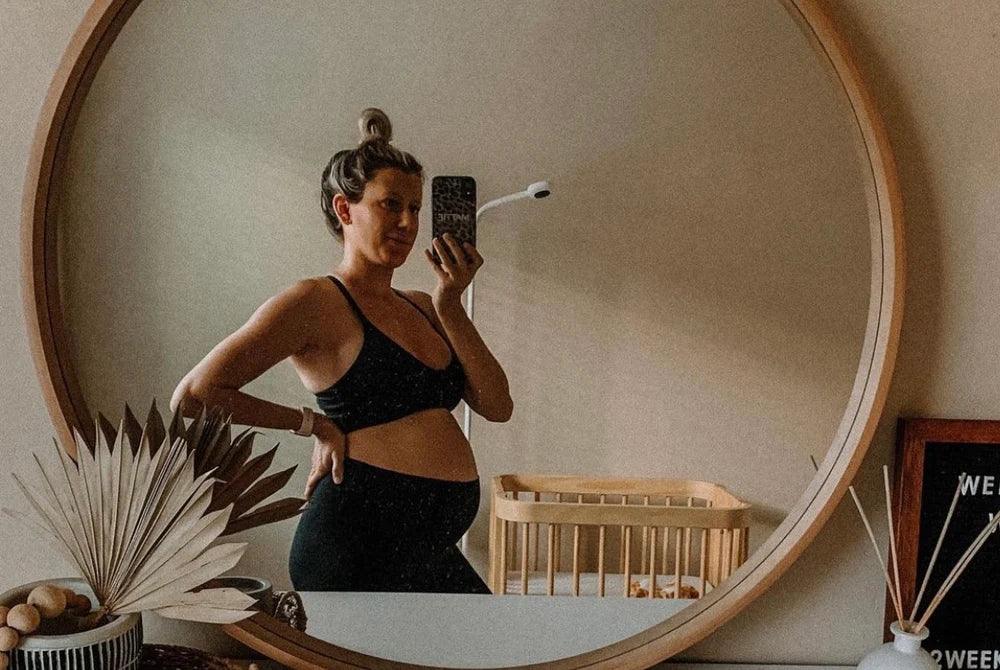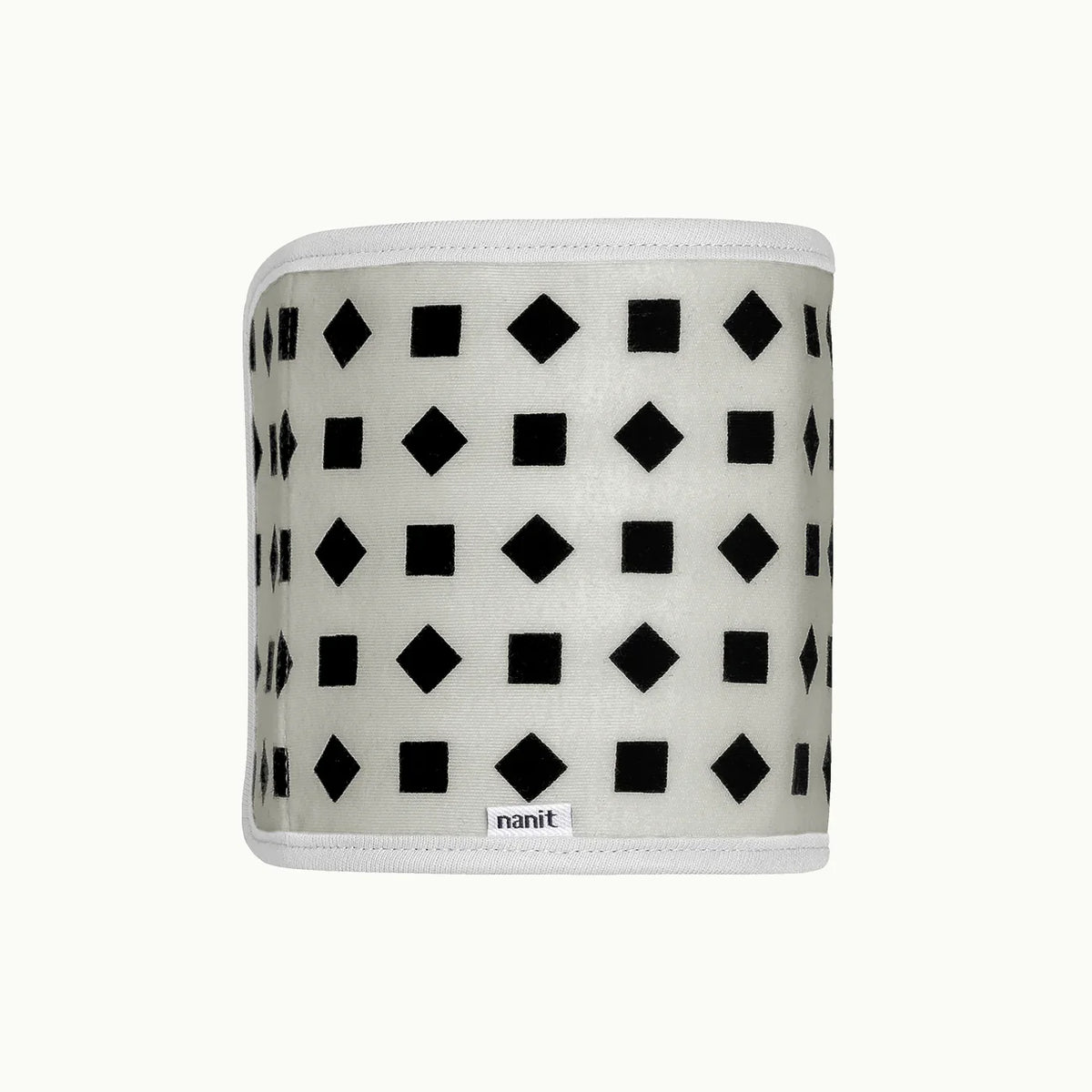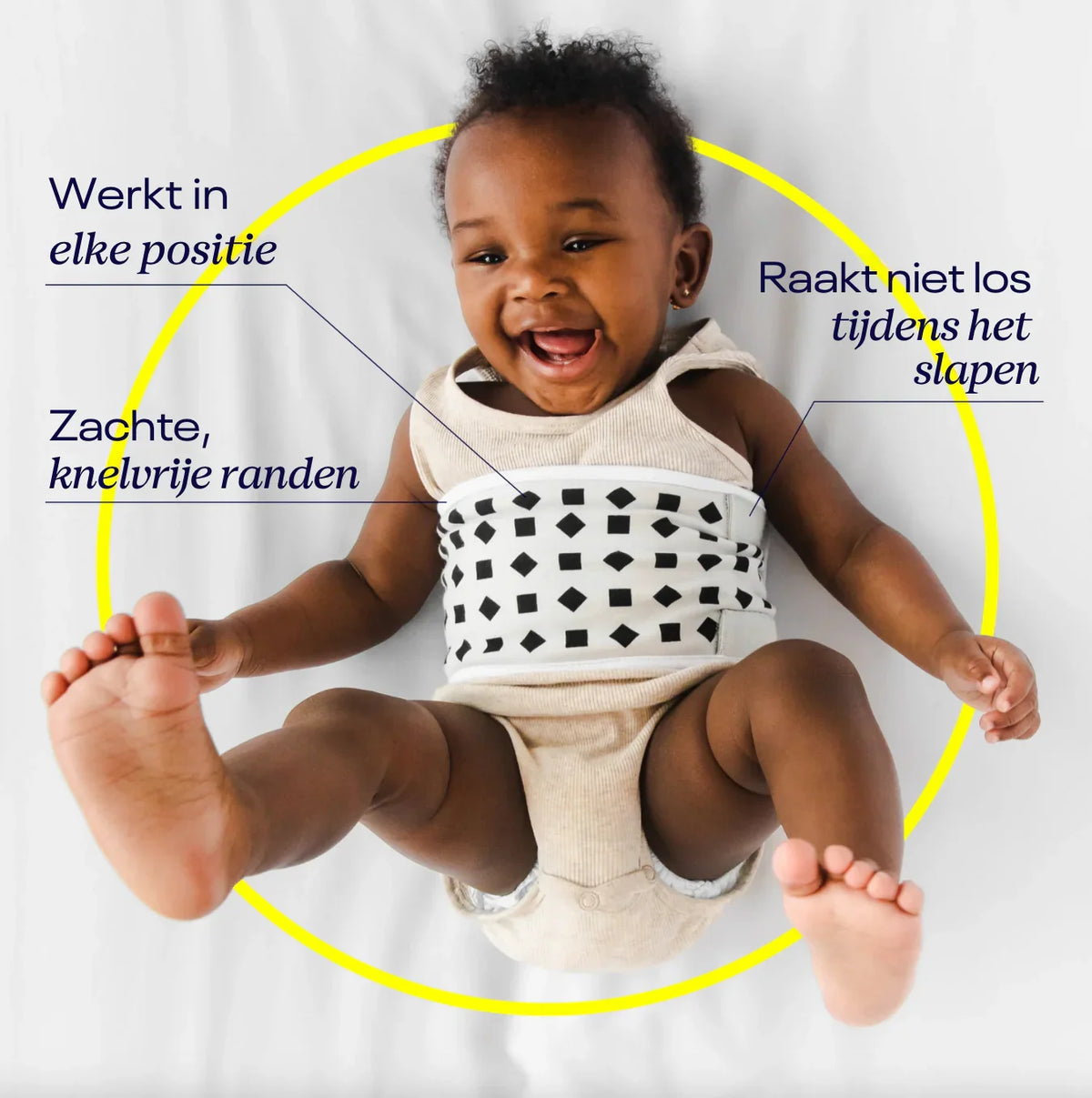Now, recent research has confirmed that the data we find so fascinating as parents is also extremely reliable.
A study published in October 2023 found that the algorithms Nanit uses to track sleep data are as accurate as devices commonly used in pediatric sleep research. Then, another study from earlier this year underlined those findings and took them a step further: Researchers asked 1,371 parents of infants aged 4 to 17 months who used the Nanit baby monitor to share their infants’ Nanit sleep metrics. The Nanit sleep data matched age trends from previous research gathered using clinical grade devices. Put simply: Nanit monitors—with their ability to track details like head and body positions, breathing, when a baby falls asleep, duration of sleep—function as accurately as tools designed specifically for scientific research. And in fact, the more recent study showed that Nanit algorithms were so good at their data-tracking job that they can also be used as a resource when in-person participation is difficult or when large amounts of data are needed.
Why does this matter to parents? What are the benefits for us? There are several:
- You have access to scientific research quality data every day. This research adds to the growing body of evidence showing how accurate Nanit is at measuring sleep. So when you see details such as your baby seems to be sleeping longer or is moving more, know that you can trust the data. And you can confidently use these insights in conversations with your pediatrician or in changes you may want to make at home, for example, with your bedtime routine or adjusting the sound or temperature in your baby’s room.
- You can better support your baby. See a big change in your baby’s sleep patterns? They may be getting ready to do something new and exciting, like trying to stand! This study also revealed that babies who pull up to stand earlier than average (before eight months) sleep less at night. This tracks with other existing data that sleep disruptions often occur when a child achieves a big motor skills milestone (such as rolling over or standing). Knowing details like these—and having the ability to easily spot changes in your child’s sleep behaviors—lets you support their sleep in general. But it can be especially helpful during those tricky developmental times, when an extra nap or an earlier bedtime might be a game changer.
- More research leads to more sleep breakthroughs. The broad base of information available via Nanit allows scientists and other experts to conduct research faster and more efficiently. The result? More rapid breakthroughs about children and sleep, which can help all of us get a better night’s rest.





